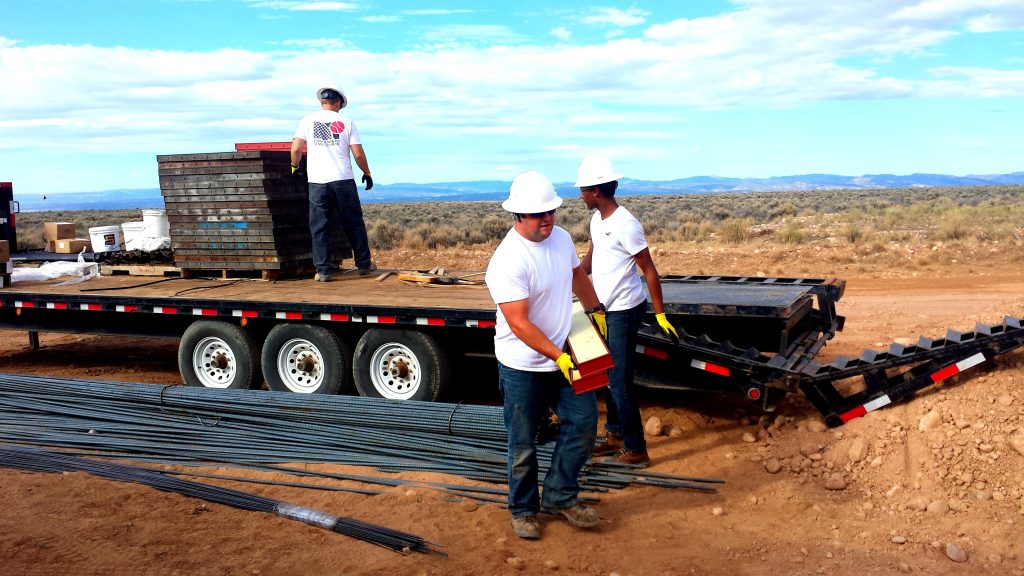 It can be a long road to recovery from a work-related injury. If you or a loved one suffered an injury on the job, it is crucial to understand the workers’ compensation system to comply with all the requirements to receive any compensation to which you are entitled.
It can be a long road to recovery from a work-related injury. If you or a loved one suffered an injury on the job, it is crucial to understand the workers’ compensation system to comply with all the requirements to receive any compensation to which you are entitled.
Carl Gabriel worked as a “Ready Reserve” employee at Delta. Less than two months after he started working, he was injured when a tow bar fell onto his foot. After a dispute with his employer over indemnity payments, Gabriel filed a Disputed Claim for Compensation, Form 1008, with the Office of Workers’ Compensation (“OWC”). He asserted that Delta failed to pay indemnity benefits and timely pay and authorize medical benefits. There was a trial where Gabriel won, with the court finding that Gabriel was entitled to benefits from Delta.
Gabriel then filed a second Disputed Claim for Compensation, alleging that Delta had failed to pay the amounts owed to him under the prior judgment. He also sought penalties under La. R.S. 23:1201(F) and (G) for Delta’s failure to pay correctly. He also alleged that he was temporarily totally disabled again because of a worsening of his medical condition. Gabriel went to two physicians in Atlanta, Georgia, to deal with his worsening condition. Delta argued that neither Gabriel nor his physicians ever properly requested approval for the recommended treatment through Form 1010, submitted to Gabriel’s adjuster. Instead, Gabriel sought approval informally via fax.
 Louisiana Personal Injury Lawyer Blog
Louisiana Personal Injury Lawyer Blog


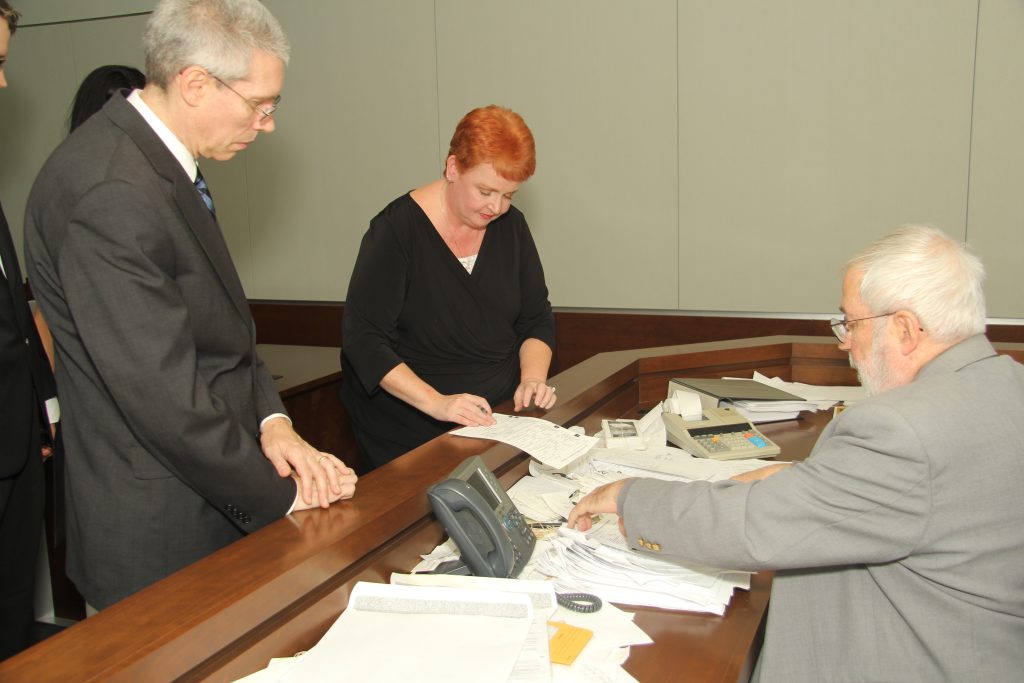 Default judgments usually occur when one side fails to Answer a lawsuit after being served. You must collect and produce sufficient evidence to establish your claims to succeed with a default judgment. This is the same as if you were going to trial. Evidence is the key to all lawsuits; lawsuits live and die by what can and cannot be proven in court. Therefore, the party pursuing a default judgment must present competent evidence proving their claims following the standards for default judgment in Louisiana, as demonstrated by the case below.
Default judgments usually occur when one side fails to Answer a lawsuit after being served. You must collect and produce sufficient evidence to establish your claims to succeed with a default judgment. This is the same as if you were going to trial. Evidence is the key to all lawsuits; lawsuits live and die by what can and cannot be proven in court. Therefore, the party pursuing a default judgment must present competent evidence proving their claims following the standards for default judgment in Louisiana, as demonstrated by the case below.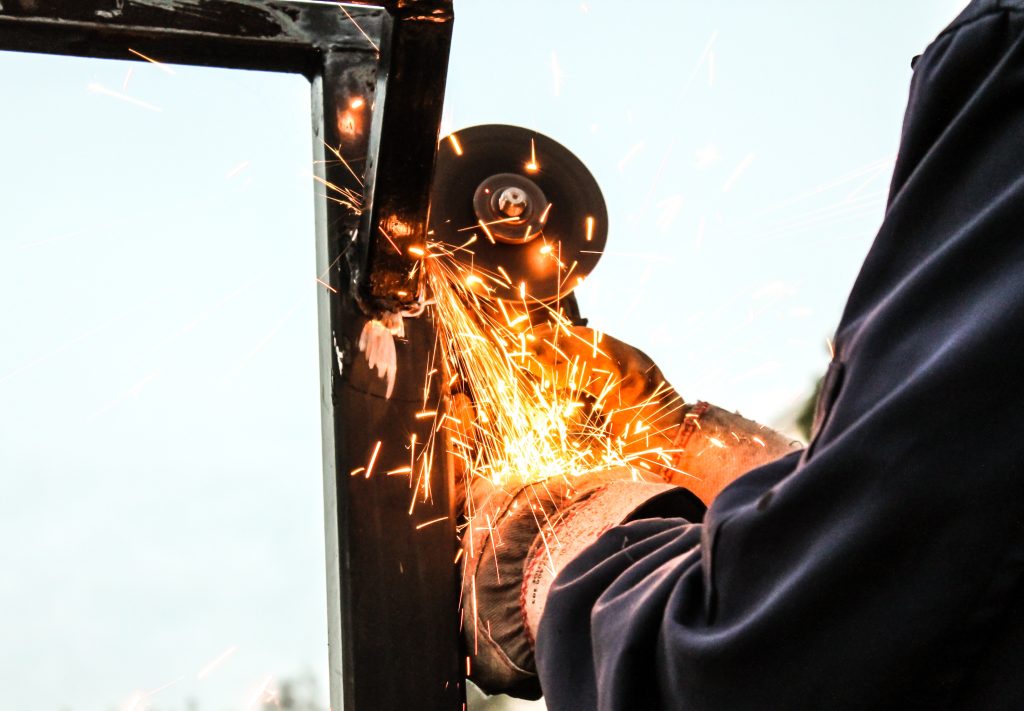 What happens if you are hurt on the job? Not only do you have to deal with the physical effects of your injury, but you also have to navigate when it is safe to return to work. The workers’ compensation system is designed to aid injured workers. It can provide compensation for lost wages and medical treatment. However, it can often be complex to navigate.
What happens if you are hurt on the job? Not only do you have to deal with the physical effects of your injury, but you also have to navigate when it is safe to return to work. The workers’ compensation system is designed to aid injured workers. It can provide compensation for lost wages and medical treatment. However, it can often be complex to navigate. 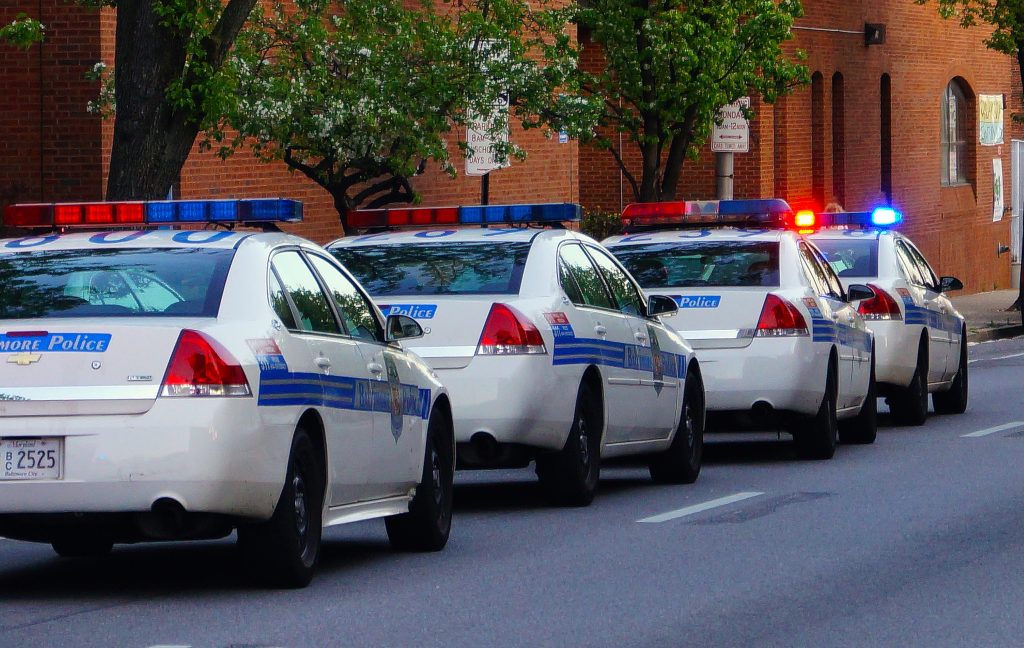 Despite stringent rules and regulations designed to keep unlicensed drivers off the road, minors often find their way behind the wheel. Police in Gonzales, Louisiana, were forced to reckon with the seriousness of such a driver when a high-speed police chase on Interstate 10 turned deadly in May of 2004. The outcome of this chase became the subject of a lawsuit left unsettled until 2017—a case which pondered: to what standard should police be held when engaged in an active car chase?
Despite stringent rules and regulations designed to keep unlicensed drivers off the road, minors often find their way behind the wheel. Police in Gonzales, Louisiana, were forced to reckon with the seriousness of such a driver when a high-speed police chase on Interstate 10 turned deadly in May of 2004. The outcome of this chase became the subject of a lawsuit left unsettled until 2017—a case which pondered: to what standard should police be held when engaged in an active car chase?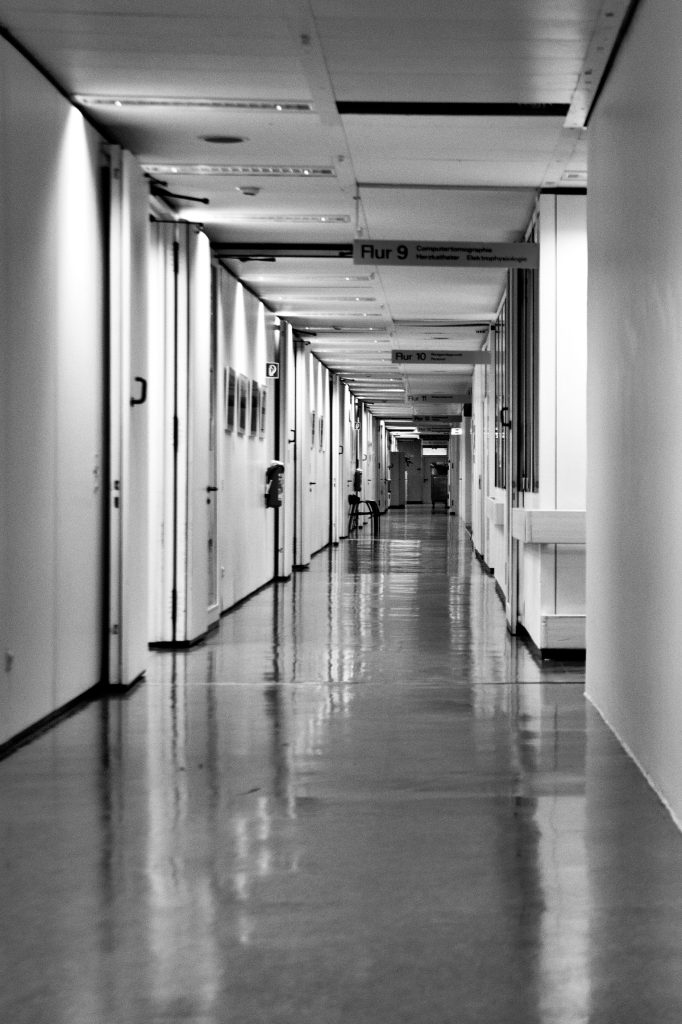 Personal injuries occur every day in society and should be taken seriously. Yet, courts must judge the importance of each accident. As a result, not all injuries are ruled in favor of the injured individual. A lawyer representing an injured person must investigate the circumstances and facts surrounding the injury with due diligence. The lawyer must show the court that his client’s case should be heard because the evidence says so. However, when video evidence of a slip and fall injury in a hospital is not obtained, should a court allow the lawyer to continue investigating his client’s accident? A case out of Baton Rouge explores this question and reminds lawyers of their responsibility to act diligently in attaining evidence for their clients.
Personal injuries occur every day in society and should be taken seriously. Yet, courts must judge the importance of each accident. As a result, not all injuries are ruled in favor of the injured individual. A lawyer representing an injured person must investigate the circumstances and facts surrounding the injury with due diligence. The lawyer must show the court that his client’s case should be heard because the evidence says so. However, when video evidence of a slip and fall injury in a hospital is not obtained, should a court allow the lawyer to continue investigating his client’s accident? A case out of Baton Rouge explores this question and reminds lawyers of their responsibility to act diligently in attaining evidence for their clients.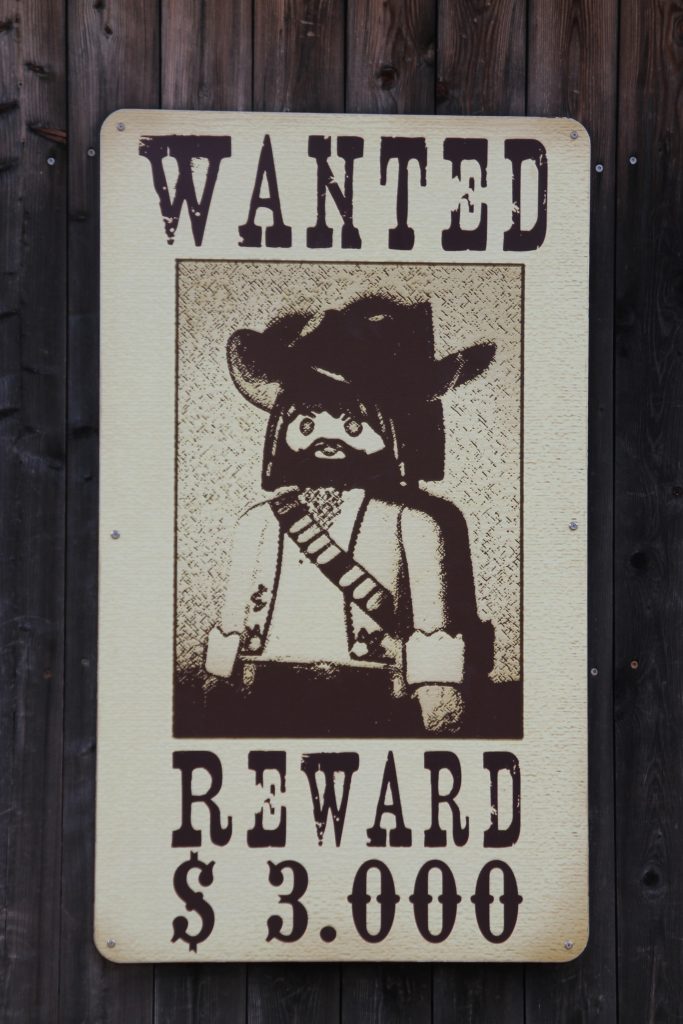 It’s reasonable to want to feel safe at work, no matter your job. Employers must keep their employees free from unnecessary danger and generally provide a safe working environment. Even given this duty, the law doesn’t always hold them responsible for the actions of criminals. A recent lawsuit out of Lafayette discusses the principles court asses to determine what remedies are available to employees when crime happens.
It’s reasonable to want to feel safe at work, no matter your job. Employers must keep their employees free from unnecessary danger and generally provide a safe working environment. Even given this duty, the law doesn’t always hold them responsible for the actions of criminals. A recent lawsuit out of Lafayette discusses the principles court asses to determine what remedies are available to employees when crime happens.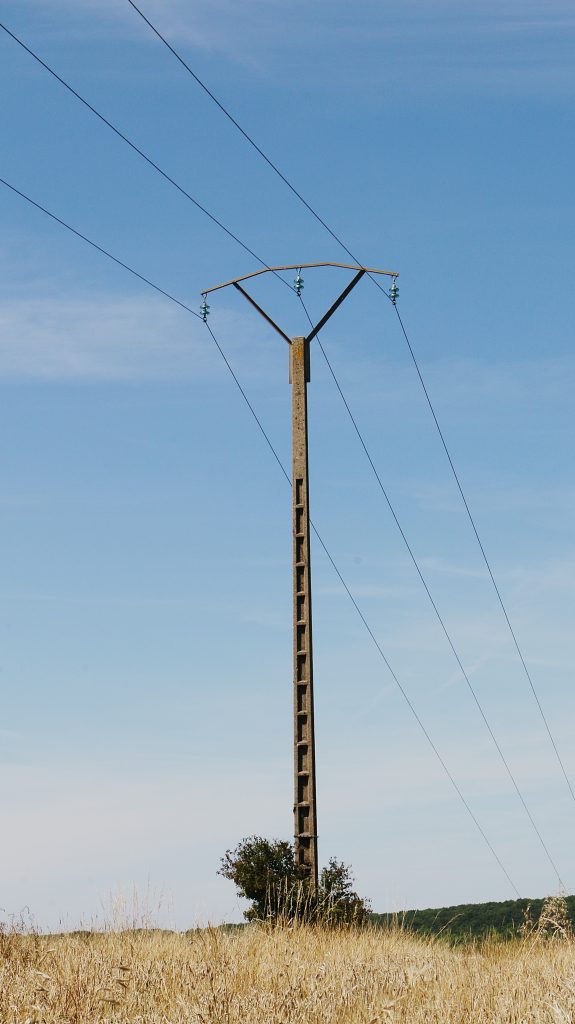 Have you ever noticed that running alongside power lines are other types of cables? They are not easily distinguishable from one another, but communication lines and support lines also run along our electricity source. Looking so similar, it would be hard for an ordinary person to tell to whom each line belonged. One New Orleans man’s inability to determine the owner of such a wire almost prohibited him from filing a lawsuit against a well-known communications company.
Have you ever noticed that running alongside power lines are other types of cables? They are not easily distinguishable from one another, but communication lines and support lines also run along our electricity source. Looking so similar, it would be hard for an ordinary person to tell to whom each line belonged. One New Orleans man’s inability to determine the owner of such a wire almost prohibited him from filing a lawsuit against a well-known communications company. 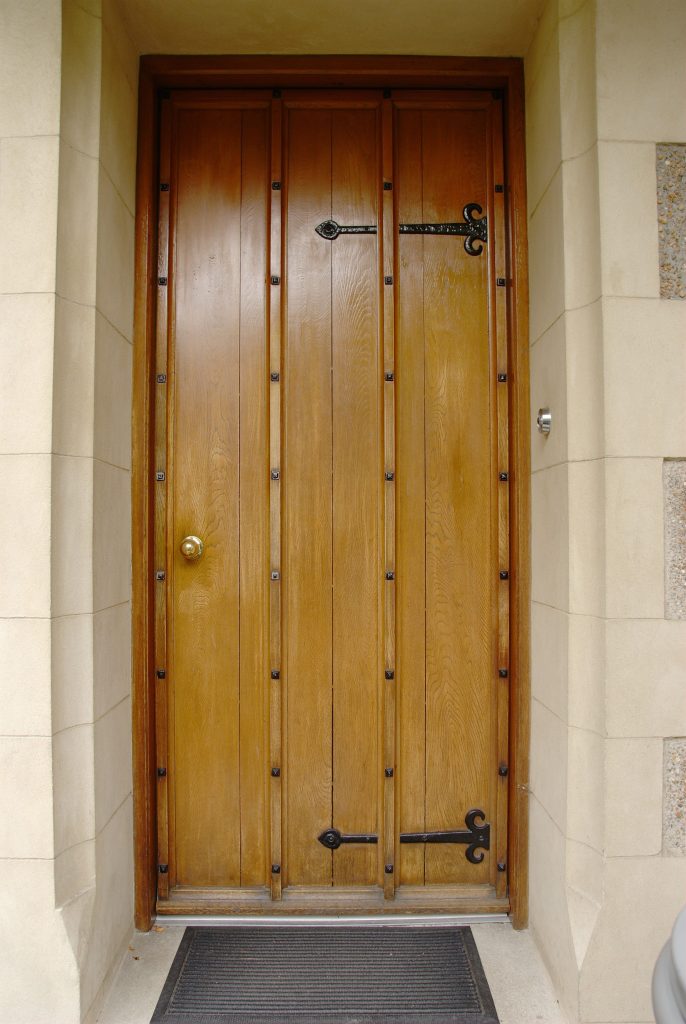 Tripping over a ledge in public can be both embarrassing and painful. Sometimes the fall can result in serious injuries. Who should be at fault for any damages sustained? As with many legal issues, it depends. Unfortunately for one woman in Covington, Louisiana, the apparent nature of the ledge, coupled with her own activities contributing to the fall, led the Louisiana First Circuit Court of Appeal to dismiss her case.
Tripping over a ledge in public can be both embarrassing and painful. Sometimes the fall can result in serious injuries. Who should be at fault for any damages sustained? As with many legal issues, it depends. Unfortunately for one woman in Covington, Louisiana, the apparent nature of the ledge, coupled with her own activities contributing to the fall, led the Louisiana First Circuit Court of Appeal to dismiss her case. 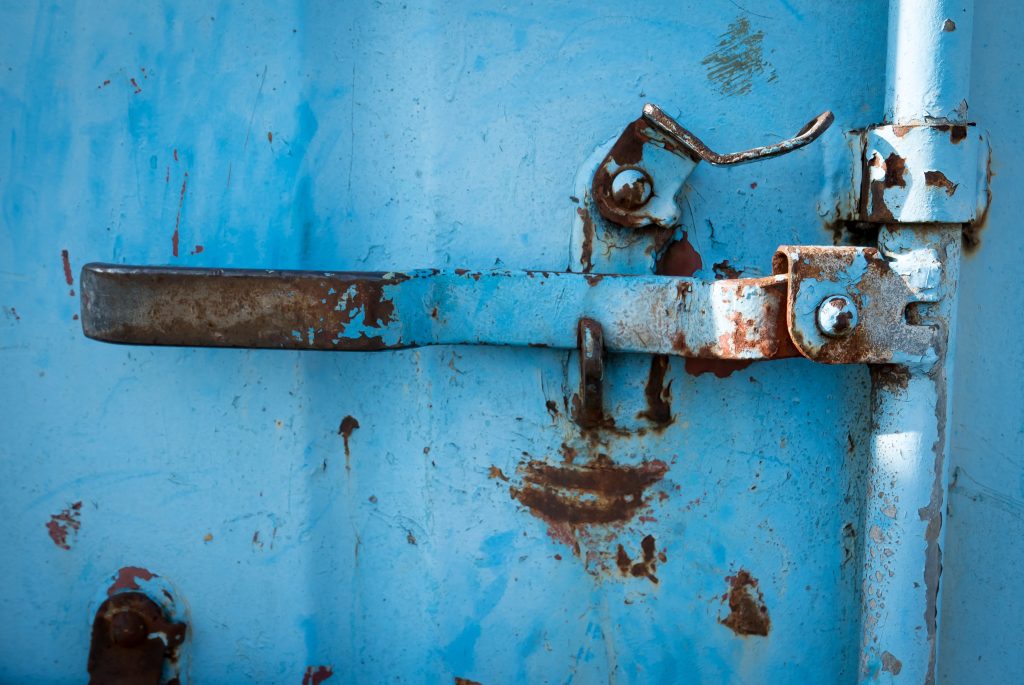 Imagine getting hurt on the job, seeking help from a good attorney, following all the court’s requirements, and still having all your claims denied because your opponent did not appear for a deposition. For Raymond Schultz (“Schultz”), an employee of Blanchard Contractors, this scenario became his reality after the
Imagine getting hurt on the job, seeking help from a good attorney, following all the court’s requirements, and still having all your claims denied because your opponent did not appear for a deposition. For Raymond Schultz (“Schultz”), an employee of Blanchard Contractors, this scenario became his reality after the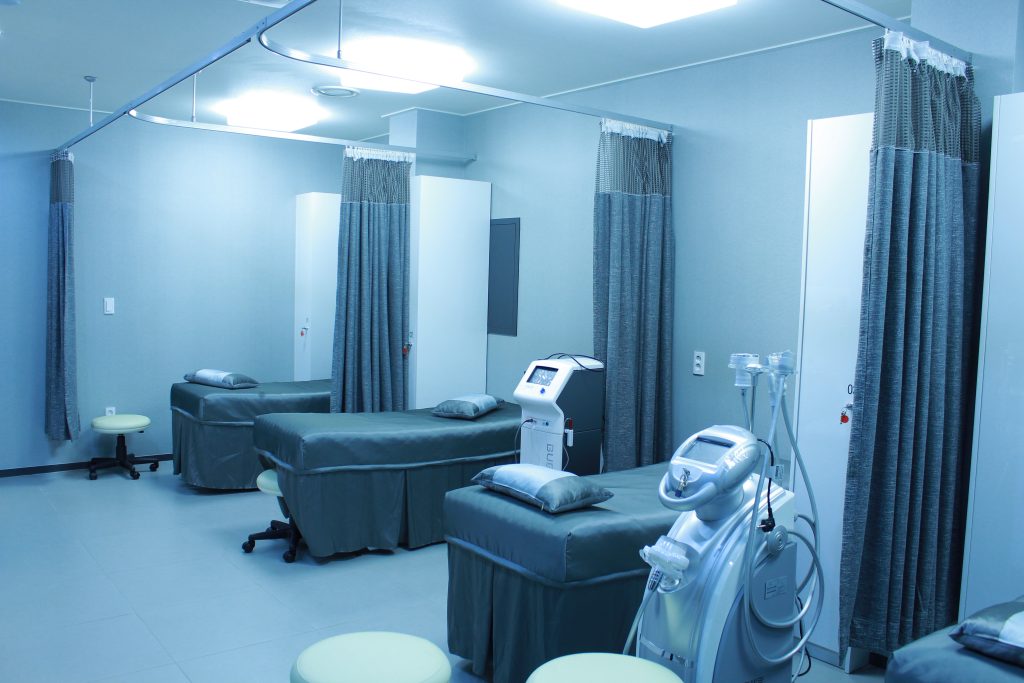 Sickness often begets a doctor’s visit, and sometimes severe illness calls for a trip to the emergency room. So when parents, David Pitts, Jr. and Kenyetta Gurley, arrived at Hood Memorial Hospital in Amite City, Louisiana, with their daughter, Lyric, it’s likely neither expected to leave there without their daughter’s health restored.
Sickness often begets a doctor’s visit, and sometimes severe illness calls for a trip to the emergency room. So when parents, David Pitts, Jr. and Kenyetta Gurley, arrived at Hood Memorial Hospital in Amite City, Louisiana, with their daughter, Lyric, it’s likely neither expected to leave there without their daughter’s health restored.